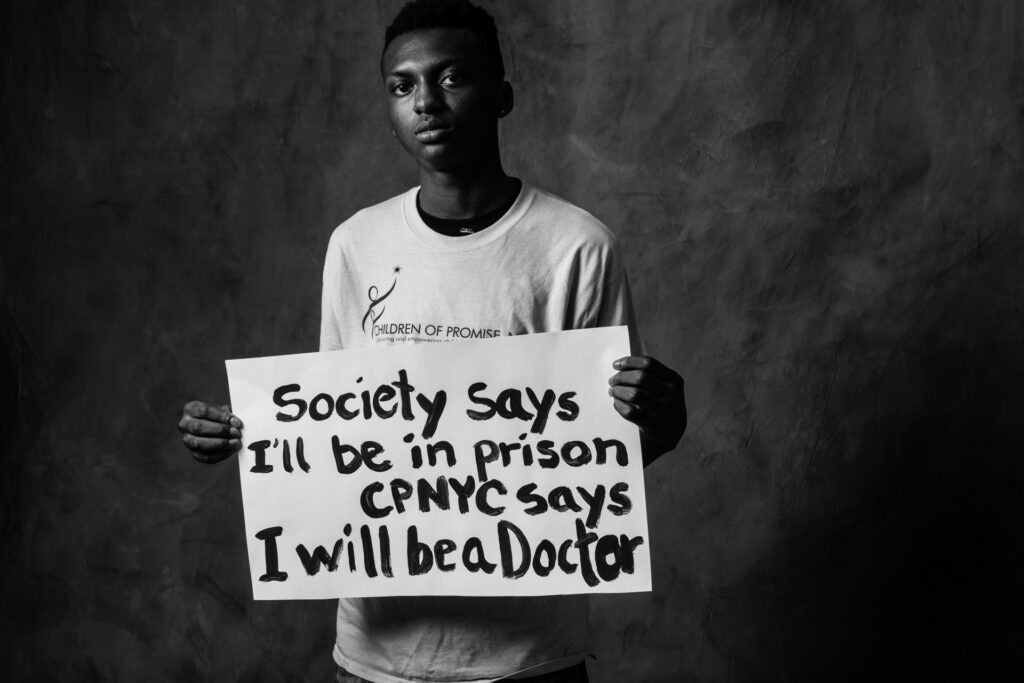Our latest report delves into a profoundly sensitive and often overlooked area within the justice system: the experiences of pregnant individuals and new mothers within correctional facilities.
At Sustainable Action Now, our mission is to champion initiatives that foster a more just, equitable, and humane world. We believe that true sustainability extends beyond environmental stewardship to encompass the well-being of every individual and community.
This critical examination, informed by groundbreaking research from our partners, underscores the urgent need for systemic reform and compassionate action.
The Unseen Ordeal: Birth Behind Bars

The journey into motherhood is inherently vulnerable, a period demanding exceptional care, support, and dignity. Yet, for thousands of pregnant individuals who find themselves incarcerated in U.S. jails each year, this pivotal life event unfolds under conditions that are, at best, inadequate, and at worst, horrifying. The recent “Birth behind bars: Ten years of U.S. jail births covered in the news highlight horrific experiences and minimal data collection” report, published on the Prison Policy Blog, casts a stark light on these harrowing realities. This comprehensive analysis, a collaborative effort with Advocacy and Research on Reproductive Wellness of Incarcerated People (ARRWIP), reveals a deeply troubling landscape where the most fundamental needs of expectant and new mothers are routinely neglected.
The stories unearthed in this report are not mere statistics; they are poignant narratives of individuals enduring labor and childbirth in isolation, often shackled, without adequate medical attention, and stripped of the basic human comforts afforded to those outside the carceral system. Imagine the profound fear and pain of going into labor, only to be met with indifference or, worse, punitive measures. These accounts paint a vivid picture of a system that, at a moment of immense vulnerability, fails to provide even rudimentary care, inflicting lasting trauma on both mothers and their newborns.

A Dire Data Deficit and Its Consequences
One of the most alarming revelations from the “Birth behind bars” report is the severe lack of comprehensive data collection regarding pregnancies and births in jails. Without accurate, standardized data, the true scope of this issue remains obscured, making it incredibly difficult to advocate for informed policy changes or allocate necessary resources. This data void perpetuates a cycle of neglect, allowing these egregious practices to continue largely unaddressed. The absence of robust data means that the experiences of these vulnerable individuals remain largely invisible to policymakers and the public, hindering efforts to implement humane and evidence-based solutions.
The consequences of this systemic neglect are far-reaching. Beyond the immediate physical and psychological harm to mothers and infants, the lack of proper care during and after childbirth can lead to long-term health complications for both, disrupt crucial bonding, and exacerbate the already immense challenges faced by families impacted by incarceration. The report emphasizes that these practices not only harm individuals but also undermine the very fabric of families and communities, creating cycles of disadvantage that are antithetical to a sustainable society.
For a deeper dive into the systemic issues surrounding incarceration and its impact on vulnerable populations, including those affected by the challenges discussed here, we encourage you to explore the comprehensive resources available at https://sustainableactionnow.org/private-prisons/. This resource provides further context on the broader landscape of carceral systems and their societal implications.
ARRWIP: Illuminating the Path Forward
The invaluable work of ARRWIP is central to bringing these hidden stories to the forefront. By meticulously documenting and analyzing these experiences, ARRWIP not only exposes the injustices but also provides the crucial evidence needed to advocate for change. Their efforts highlight the urgent need for:
- Improved Data Collection: Implementing standardized, mandatory data collection on pregnancies, births, and maternal health outcomes in all correctional facilities.
- Comprehensive Medical Care: Ensuring access to prenatal, perinatal, and postnatal care that meets community standards, including mental health support.
- Elimination of Shackling: Banning the shackling of pregnant individuals during labor, delivery, and postpartum recovery.
- Family-Centered Policies: Developing policies that support mother-infant bonding and family reunification, recognizing the profound importance of early attachment.
- Education and Training: Providing comprehensive training for correctional staff on the specific needs of pregnant and parenting incarcerated individuals.
Sustainable Action: A Call to Compassion and Change
At Sustainable Action Now, we believe that addressing the plight of pregnant individuals and new mothers in jails is a fundamental step towards a more just and sustainable future. Our commitment to this cause aligns with our broader vision of fostering a society where human dignity is paramount, and systemic inequalities are dismantled.
This report serves as a powerful reminder that sustainable action must extend to every corner of our society, particularly to those who are most marginalized and vulnerable. By supporting organizations like ARRWIP, advocating for legislative reforms, and raising public awareness, we can collectively work towards a future where no birth is “behind bars” in conditions that compromise the well-being of mothers and their children. Let us transform these haunting stories into a catalyst for compassionate change, ensuring that every individual, regardless of their circumstances, receives the care and dignity they deserve.


